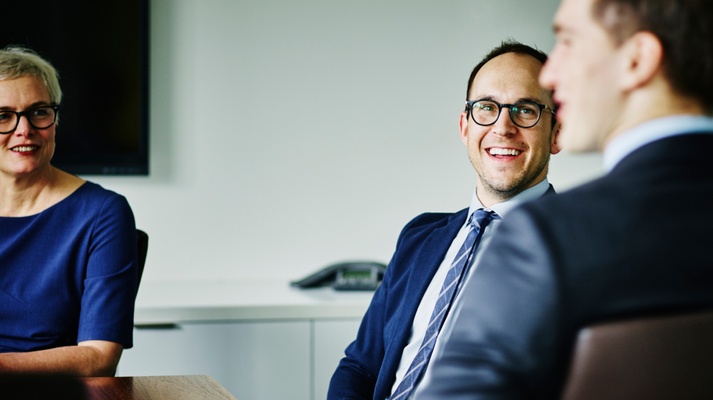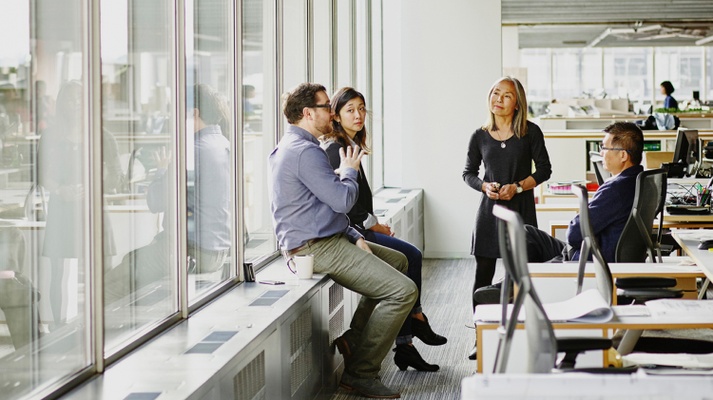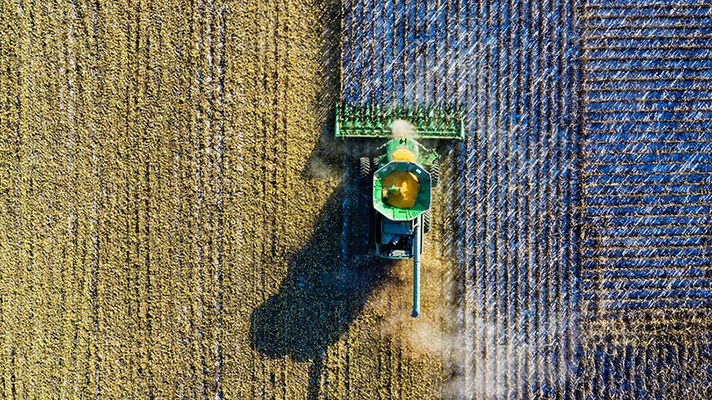Meet Annamaria Koutsoras – Striving for a climate-friendly and people-friendly future

- Category
- Life at Sweep
- Published
- 18 April 2023
Get to know our Events Manager Annamaria Koutsoras. She tells us how experiencing a major wildfire in her home country of Greece sparked her determination to get involved in climate action.
Tell us about your climate journey
I’ve always had an affinity for nature, mainly because of my grandfather’s influence. He was a florist so I grew up surrounded by plants, and through his eyes I learnt the importance of caring for our environment.
In 2007, I experienced something that was a real turning point for me, when the island of Kefalonia where I lived in Greece experienced a major wildfire. As the sky turned bright red and ashes fell from the sky, my family and I reluctantly left our home at 2am – just before the last road exiting the town was enclosed by the fire. We came back the next day unsure what we would find. I was grateful to see that our home was still standing, but all around us was a scene of absolute devastation. The entire mountainside – a once beautiful green paradise - was reduced to nothingness.
To this day, the mountainside of Kefalonia has never looked the same. This first-hand experience left a real mark on me, but I always remember that it’s just one of many examples of the destruction caused by climate change, which has increased the frequency and severity of forest fires (and many other natural disasters). I can’t begin to imagine the consequences climate change might have in the coming years and decades. That’s why it’s so important to prevent further damage for present and future generations. And for past generations like my late grandfather, I want to do what I can to preserve the island he loved so much.
Why did you join Sweep?
When I came across Sweep on Linkedin, it immediately caught my attention. Their mission to help companies decarbonize and align their business models with the low-carbon economy of the future really resonated with me. I could see right away the potential for Sweep to have a massive impact on climate change by empowering the biggest emitters to become the biggest agents of change. On top of this, I was inspired by Rachel Delacour’s story and knew that Sweep was in good hands.
Now that I am here, it's been fantastic to see the impact Sweep has first-hand and I’m very thankful to play a role in this.
What’s your vision of a climate-friendly future?
In my opinion, a climate-friendly future is also a people-friendly future. The world already faces mounting social issues like inequality, poverty, and food scarcity. Climate change is likely to make these issues worse, as it will disproportionately affect marginalized communities.
But it’s possible to address social and environmental issues together. In fact, the only adequate solutions to climate change are ones that also tackle the root causes of these social problems. For example, we already produce enough food to feed the world, it’s just unevenly distributed. That's why we have food waste in some areas and food shortages in others. With localized production and distribution using regenerative agriculture, we could create self-sufficient systems and solve world hunger.
Overall, our economic system needs to be in tune with nature rather than trying to dominate it. Instead of endlessly exploiting natural resources and jeopardizing our future in the name of short term profit, we should operate within planetary boundaries. By living sustainably we can reconnect with nature and community, two things we’ve lost in the current model of excessive consumerism.
Are there any books or films that have shaped the way you see climate change?
There are so many great environmental documentaries, but two of my favorites are Sonic Forest and The True Cost.
Sonic Forest showcases the forests on the Pacific coast of Colombia through the culture and music of the Indigenous and Afro-Colombian communities that preserve their land. It's a beautiful exploration of how nature has inspired the local music, while also conveying the importance of protecting the land and communities that are affected by climate change.
The True Cost does a deep dive into the negative impacts Fast Fashion has on human rights and the environment. It can be so easy to not think twice about who made our clothes, the working conditions they were made in, and what happens to our clothes when we don’t want them anymore. But these are exactly the questions we should be having to address the social and environmental problems faced by our planet.
Become a change maker
Use your talent to help solve the biggest issue humanity is facing right now.
More stories
Track, report and act
Sweep helps you get your carbon on-track
Sign up to The Cleanup, our monthly climate newsletter

© Sweep 2023


